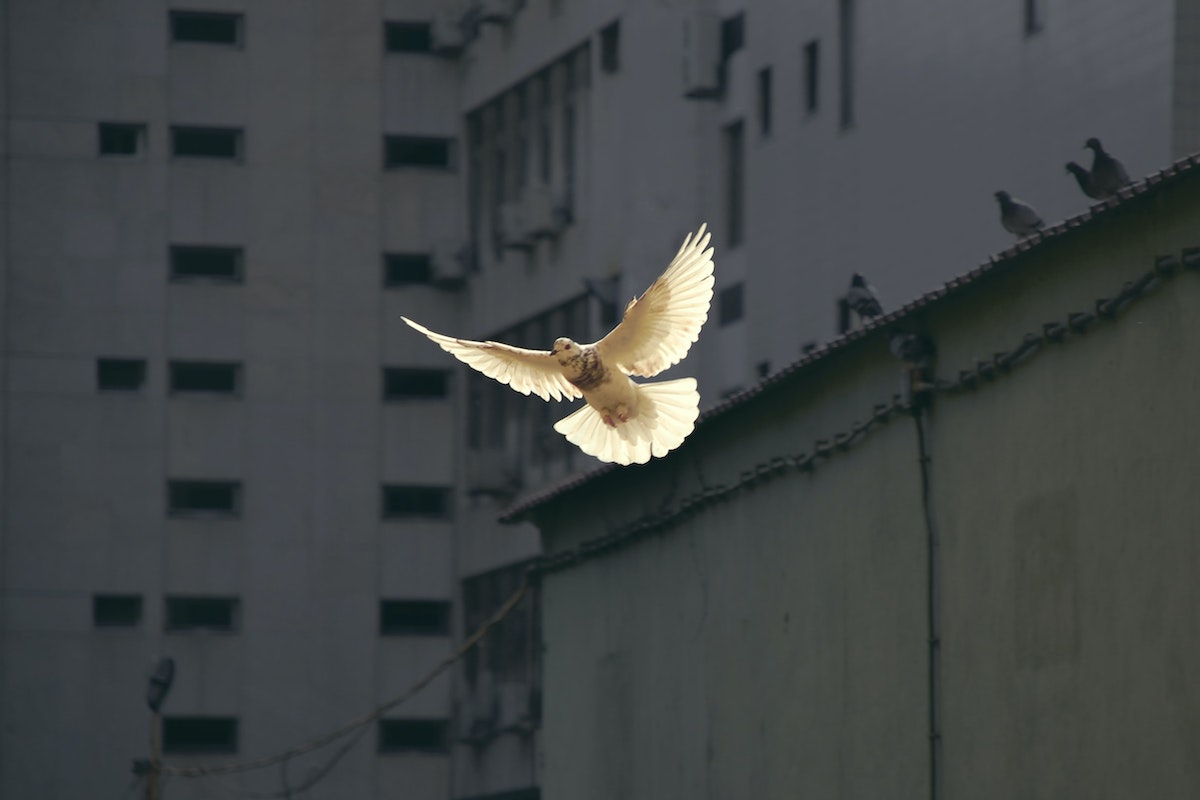Education
The Problem with 'The Journal of Controversial Ideas'
The lack of viewpoint diversity among college and university faculty gives further reason for scholars to be concerned about pursuing and attempting to publish “controversial” ideas.

A group of academics recently announced plans to launch a new journal focused on research that its authors fear could lead to a backlash, putting their careers and perhaps even their physical safety in danger. With these concerns in mind, the journal will allow authors to publish their work anonymously, subject to peer review. Some are applauding the launch of what will be titled The Journal of Controversial Ideas. They view it as a needed response to an academic and potentially broader culture that is increasingly afraid to grapple with sensitive topics and seeks to suppress ideas that may have merit but are socially unpopular. However, we think the creation of a journal like this, while serving as a prophetic warning about the new moral culture taking hold of academia and the future of our institutions of higher learning, may be a counterproductive way of dealing with the problems it addresses.
First, it is worth asking whether the concerns prompting the creation of this journal are warranted. Some writers and academics claim that stories of campus censorship, groupthink, and ideological bias are overblown, if not outright fantasy. We believe that these concerns are, in fact, justified. One need not look very hard to find cases of professors facing serious backlash, even threats, from students, faculty, and administrators because of ideas they have expressed in academic journals, opinion pieces, media interviews, and public lectures.
Just weeks ago Professor Samuel Abrams of Sarah Lawrence University published an op-ed in The New York Times documenting that among college administrators who are on the front lines interacting with students, liberals outnumber conservatives 12 to 1. He discussed how this imbalance can dramatically bias the campus social and educational agendas in favor of progressive viewpoints. In response to this article, campus activists vandalized his office and called for him to be fired. The student senate held an emergency meeting. The college president responded not with a forceful and unambiguous defense of free speech and academic freedom but by signaling support to campus activists and suggesting Professor Abrams had created a hostile work environment.
The lack of viewpoint diversity among college and university faculty gives further reason for scholars to be concerned about pursuing and attempting to publish “controversial” ideas.
University faculty, particularly in the social sciences and humanities, are overwhelmingly on the political left, and this may lead to social and professional consequences for academics whose ideas or research are perceived as at odds with a progressive worldview. For instance, in a survey of academics in the field of social psychology, researchers observed that conservative and moderate scholars reported experiencing a significantly more hostile work climate than liberals. The survey also found that the majority of respondents indicated some willingness to discriminate against colleagues who are conservative or whose research takes a conservative perspective. Surveys of faculty in other disciplines paint a similar picture of an academy populated by professors willing to block colleagues with divergent views from getting academic appointments, publishing their work, and receiving research funding.

Even while we recognize these and other threats to scholars who do work viewed as controversial, we believe the creation of The Journal of Controversial Ideas is ultimately a capitulation to the academic culture that motivated scholars to feel the need to establish such a journal.
One of us (Bradley) is a sociologist who has spent the last several years studying the rise of a new moral culture among progressive activists on college campuses. In The Rise of Victimhood Culture: Microaggressions, Safe Spaces, and the New Culture Wars, Bradley and his coauthor Jason Manning point out that campus activists increasingly reject many widely held moral concepts and ideals—the injunction to have thick skin and ignore insults, for example, or the distinction between speech and violence. Those who embrace the new morality use a framework of oppression and victimhood to interpret even mundane human interaction as hostile or malignant. In this way, victimhood confers a kind of moral status as the adherents of this new ideology create new kinds of protections for oppressed groups.
One such protection is a safe space. A few years ago at Brown University, for example, members of the Sexual Assault Task Force set up a safe space—a room with coloring books, Play-Doh, and other comforts—for students who might be upset by a formal debate about the term rape culture that was taking place elsewhere on campus. Closely related to the idea of safe spaces is the idea of speech as violence. Words can harm people as much as sticks and stones can, the argument goes, so slights, insults, and even intellectual debate that harms victim groups should be treated just like violence—authorities should prevent it, and when they fail to do so, activists should use violence to stop it themselves.
The new culture can lead to the stifling of academic freedom and free speech on campus, as at Sarah Lawrence. But it can also have a strange effect on those who oppose it. What psychologists call “competitive victimhood” occurs when people counter accusations of wrongdoing with claims of victimhood, and in this way the critics of political correctness may come to adopt their own version of victimhood culture. Some on the right have even adopted the idea of speech as violence, as when Trump supporters shouting “This is violence against Donald Trump” at a New York performance of “Julius Caesar” that portrayed Caesar as Trump.
Those behind The Journal of Controversial Ideas aren’t adopting the language or tactics of campus protesters, but we worry that despite their good intentions, an academic journal centered around grievances over censorship will only intensify the problems it’s supposed to address. What makes an idea controversial is the reaction to it, so cordoning off controversial ideas into a special journal allows the reactions of activists to define the journal’s subject matter. Instead of sharing a common methodology or field of study, the contributing authors would have in common only their identity as actual or potential victims of censorship.
In fighting censorship, we need to avoid creating new kinds of safe spaces and organizing institutions around competing narratives of victimhood. The danger is that The Journal of Controversial Ideas, rather than arresting or reversing campus intolerance, could lead to a situation where competing academic journals simply champion different victims. This would be a submission to the culture of victimhood, not a counterpunch.
But another danger is that universities will ignore the warning the creation of this journal provides. The journal is a response to problems that have the potential to undermine the mission of the university. Controversial ideas are a normal part of academic life, a feature of any environment where people are free to pursue the truth and engage in vigorous debate. The idea that universities or academic journals should be safe spaces where certain ideas go unchallenged is backward. Let them instead be safe spaces for the expression of ideas. Let every journal be a place where controversy is welcome and there will be no reason for this one.






